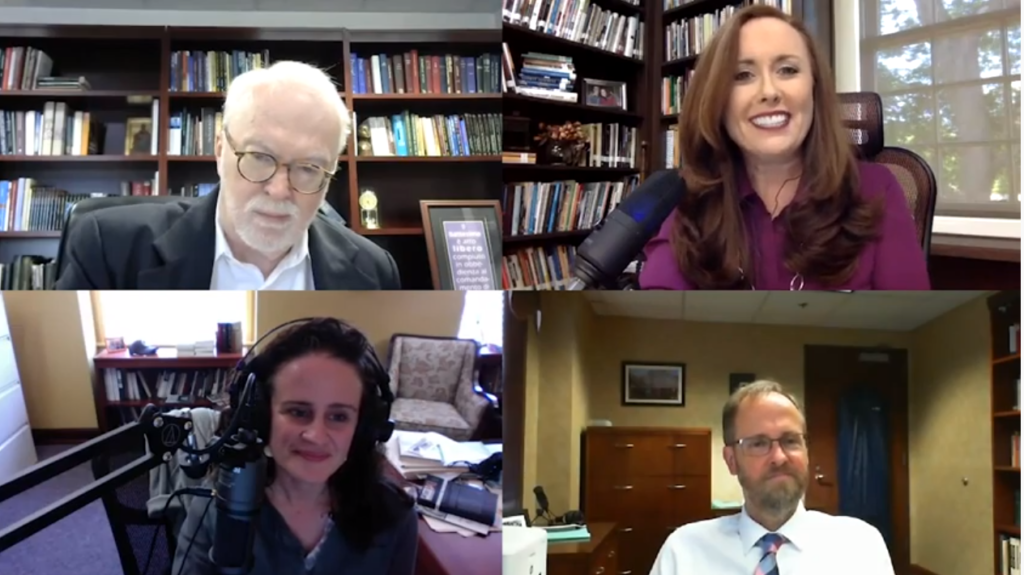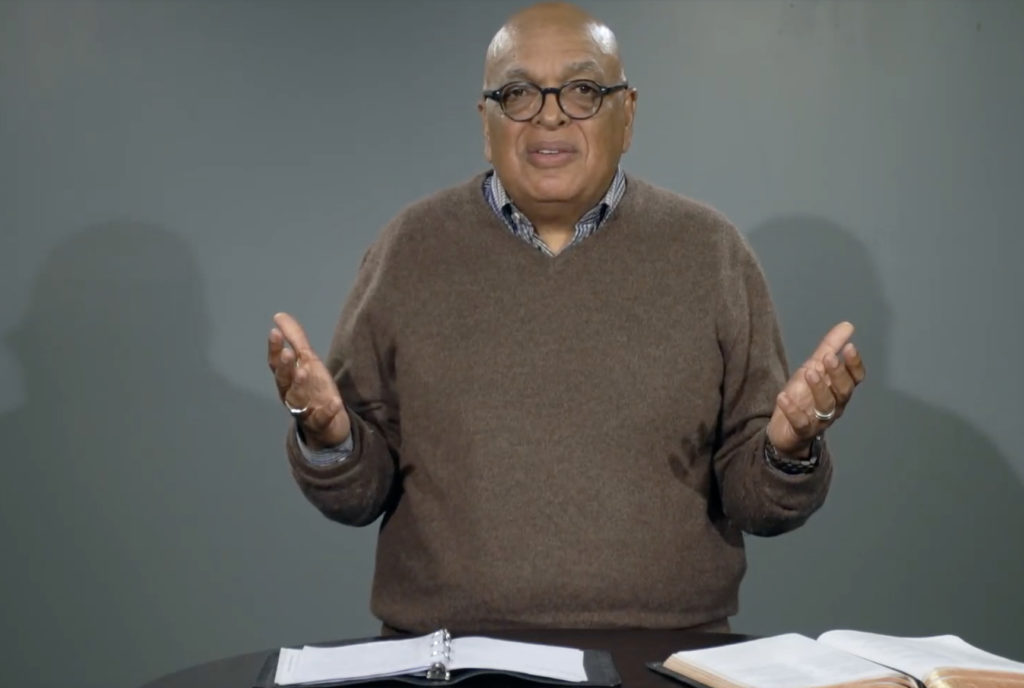By Margaret Colson
The Alabama Baptist
As you look around your financial house, what do you see? Do you see vulnerabilities? Do you see an orderly, well-conceived plan? Are you not even sure what you’re seeing?
In the Oct. 29, 2019, edition of TAB News podcast, “Financial Planning,” financial consultants Diane Covin and Larry Byrd, representing The Sterling Group, discuss the importance of ministers having a solid financial plan in place.
“Many times,” Covin said, pastors and church staff members “are not really thinking about a plan. They have one in their mind; they think that they’ve done the necessary steps … but they’re not really thinking about the entire financial portfolio and snapshot—what we call risk mitigation.”
Contrary to what some people believe, Covin said, “You don’t have to have assets to have a written plan.”
Life’s unforeseen circumstances, such as long-term disability or even premature death, can create undue hardship for ministers and their families as well as for churches, forcing them to make heart-wrenching decisions.
Some of these circumstances occur as people get older, but “these are also things that can impact us along the way,” she said.
For example, if a pastor were to become permanently disabled but did not have disability insurance, how would his church respond? Covin recalled one pastor who became disabled. The church paid the pastor as long as it could feasibly do so, but the church reached the point of having “to let him go because they had to replace him at the church.”
Additionally, a disability, particularly when it occurs early in life, means that the disabled person often can no longer fund a personal retirement account. “It’s almost a domino effect,” said Covin, “of what if ‘this,’ then how does it affect ‘that?’”
Some ministers, she said, do not fully understand certain aspects of the law regarding Social Security. Ministers may opt out of paying Social Security; however, opting out of Social Security may impact a minister’s ability to get Medicare health insurance coverage. “They (ministers) just had no idea that Medicare may not be an option for them and that they would be self-funding (medical care) or going out into the marketplace and buying an individual policy, which is four times what they would have been paying had they opted into Social Security,” she said.
The right time for ministers to start thinking about retirement and financial planning is early, said Byrd. “The earlier, the better. … Naturally when you’re young, you don’t think of those things. But take the advice of people who are older and who are experiencing these things, and pay attention to the fact that you won’t always be at this stage in your life. If you plan wisely, then everything can work out well,” he said.
Church leaders can help ministers grow in understanding the basics of financial planning. “It’s a natural tendency for us to think short-term, both as an individual and as a church. You think, ‘Well, this is where we are; this is where we’ll always be.’ And that’s obviously not the case so you have to think a little bit more long-term, more strategic, rather than tactical. The churches need to become aware of that, as do the ministers,” said Byrd.
A church, Byrd believes, can relieve itself of financial pressures by focusing on three things. “Number one: prayer. Prayer is the starting point of everything,” he said. “Number two: a willingness to change. We have seen many churches who are no longer viable churches … because they weren’t willing to change,” he explained. “And the third one is evangelism. If you look at the early church, …. people were being saved. It was an evangelistic church. Evangelism is necessary to be able to afford the financial needs of the church,” he said.
Both Covin and Byrd encourage ministers to find a trustworthy and knowledgeable financial advisor who can help them plan and avoid common mistakes. “To me, knowledge is power,” said Covin. “It takes fear off the table.” Financial advisors are “there to work on your behalf” so that ministers can be good stewards of what God has given them.
To listen to the podcast in its entirety, go to https://thealabamabaptist.org/podcast/financial-planning/.
For more information on The Sterling Group, go to www.sterlingllc.net.
Also, The Baptist Foundation of Alabama (www.tbfa.org) has many resources to assist ministers, particularly in regards to Christian estate planning.






Share with others: